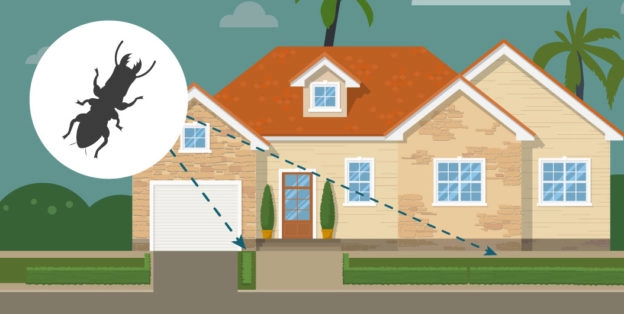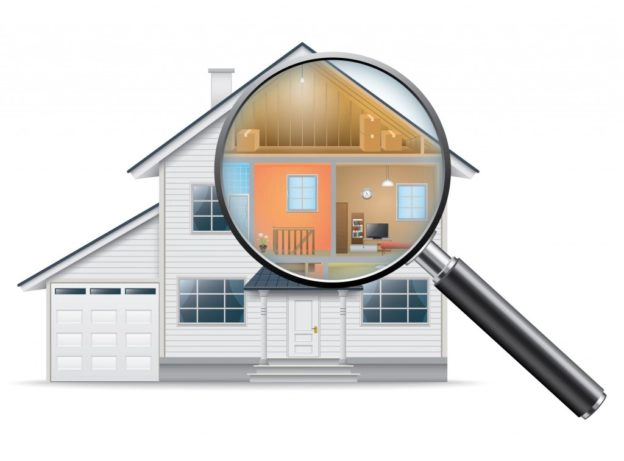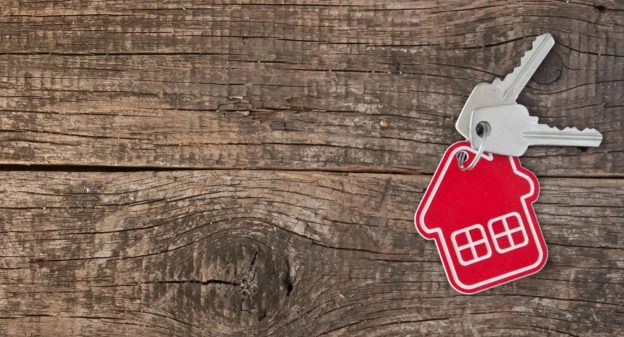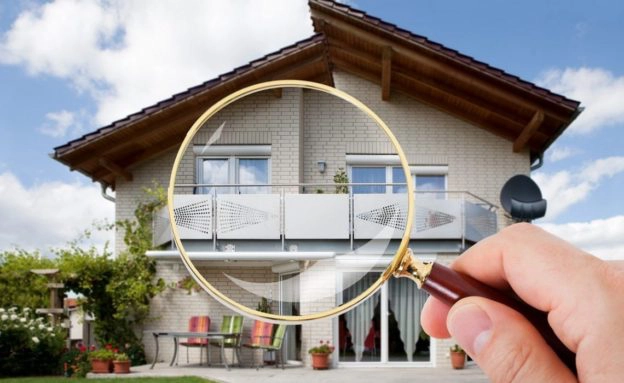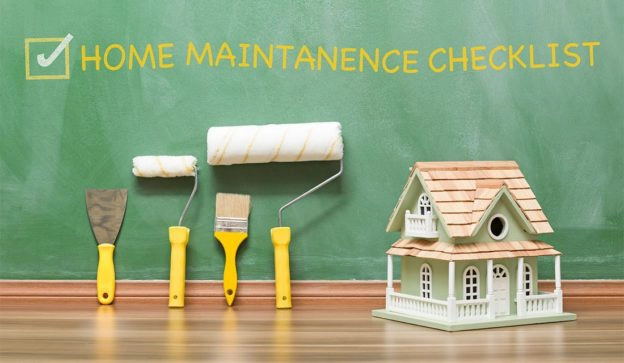Buying a home is an exhausting process. You spent a lot of time and energy searching for your ideal neighborhood, determining what you can afford, and touring an untold number of homes. Finally, you found the one. But, when the home inspector lays the massive home inspection report on the table, your pulse quickens.
A report can be up to 70 pages long and contains the intimate details of everything that could be wrong with your potential home. Deciphering this document is a crucial step in the home buying process, and it’s something you can’t afford to take lightly.
Fortunately, these reports are relatively straightforward and easy to read if you know what you need to look for.
What is an Inspection Report?
The report is an exhaustive list that details everything about the house and its major systems. These kinds of reports go into extreme detail about every component of the home. Inspectors will not only note incredibly important faults like damage to the foundation, but also minor details like superficial damage to things like closet doors.
It’s very easy to get lost in all the details in the report. Don’t despair at the length of the report, either. Inspectors do a thorough investigation and need to include every minor detail. Otherwise, they wouldn’t be doing their jobs properly.
Inspection Report Breakdown
Most inspection reports follow the same simple formula. This makes it much easier for a buyer to digest.
Home Details: Reports begin by stating the facts about the home. It lists the address, square footage, and the date it was built.
Table of Contents: Inspection reports always include a table of contents to make it easier to refer to specific pages.
Summary Pages: These are the most critical pages for you to read. They detail the home’s major failings, laying out every issue in broad terms. It will include a page number where you can find additional details.
In this section, the inspector will also include recommendations for repairs. You and your agent will likely refer to this if you plan to negotiate repairs into the price of the house.
This is also where you’ll find notes on potentially hazardous situations. For instance, if the wiring poses a fire hazard, it will be noted here.
In-Depth Observations: This section comprises the majority of the report. Here, the inspector carefully notes every detail about the property.
What Kind of Observations Does an Inspector Make?
It’s not enough to just know that the inspector is checking out the home and its major systems. You should be aware of what that entails as well as what sort of things a regular inspection doesn’t cover.
Interior
On the inside of the home, the inspector will note everything they see relating to walls, floors, doors, windows, and stairs. They’ll note if the stairs have handrails and make a determination on the general safety of the interior.
Exterior
The inspector also walks around the outside of the home observing the condition of the siding, driveway, walkway, deck, and roof.
The roof is one of the most critical areas of a home inspection. The inspector notes the age of the roof and any damage to the shingles. They’re looking for cracks, deterioration, and patch jobs that could hide major issues.
Problems with the roof mean there’s a potential for leaks, which lead to water damage throughout the home.
Insulation and Ventilation
A proper inspection wouldn’t be complete without checking on the insulation and ventilation of the home. The inspector will go into the basement, crawl space, and attic to make sure everything is properly insulated and ventilated.
Structure and Foundation
The inspector is typically looking for signs of water damage and cracks in the foundation, but they’ll certainly note any potential structural issue.
Issues with the foundation don’t necessarily mean the home is unsafe to live in, but they could lead to secondary problems like uneven floors and cracked walls. Diagnosing these issues early saves a lot of money in the long run.
HVAC
The inspector will ensure the home’s heating and cooling systems are in working order.
Due to the importance of these systems, the inspector examines them thoroughly.
Plumbing
This is one of the most exhaustive sections in the entire report. The inspector pays special attention to the house’s water systems.
The inspector is on the lookout for blocked or damaged pipes, ensures that the sewer system drains properly and that the water supply is not contaminated in any way.
Pests
An inspector will note signs of damage from pests, particularly termites. Those insects pose a serious risk to the home’s wooden frame.
Electrical
Finally, the inspector notes any issues with the home’s electrical systems like circuits, wiring, and outlets.
These systems are incredibly important to the modern home, and any problems with them could prove disastrous.
A typical inspection doesn’t cover things like mold, asbestos, septic systems, and swimming pools. You’ll usually need to have another inspection done to identify these issues.
Identify Key Repairs
Now that you know a little about what the report is composed of and where to find the inspector’s most important recommendations (the summary section), you should be able to determine what home repairs are absolutely necessary.
These will usually include major health and safety risks, like faulty wiring, cracks in the foundation, and issues with the roof. It’s typically quite costly to have these repairs made.
Old and dilapidated roofing is the most common issue found during home inspections. A normal asphalt shingle roof only lasts about 20 years before it needs to be replaced. Fixing an old roof will put a significant dent in your budget.
Cracks in the foundation are another potential problem that could lead to headaches down the road. While filling in the cracks themselves is relatively easy to do, their presence hints at more significant damage. It can cost well over $10,000 to repair structural issues.
Proceeding After the Report is Issued
The report is one of the most valuable tools available to a home buyer. You can even work with your real estate agent to negotiate the cost of repairs into the price of the home. In many cases, it makes financial sense for both parties.
Don’t get bogged down by the details of your inspection report. Flip right to the summary pages to find the most important issues plaguing your potential home and heed your inspector’s advice about how to remedy them.
Of course, you should still do your due diligence and read the entire report thoroughly so you aren’t caught by surprise by any issues that could crop up in the near future.


